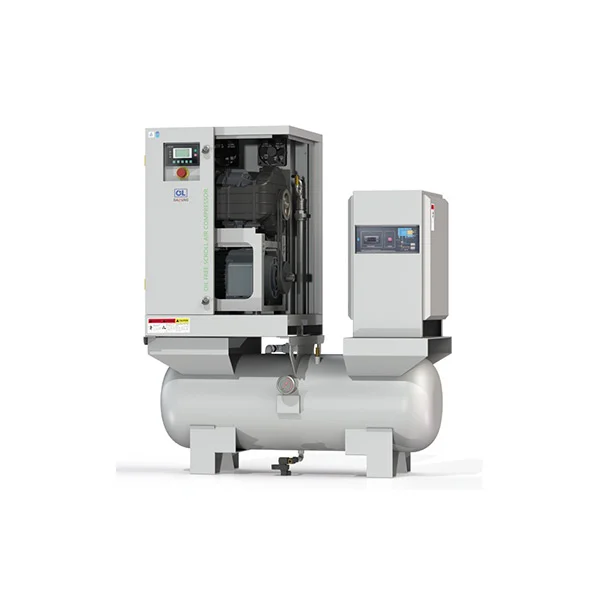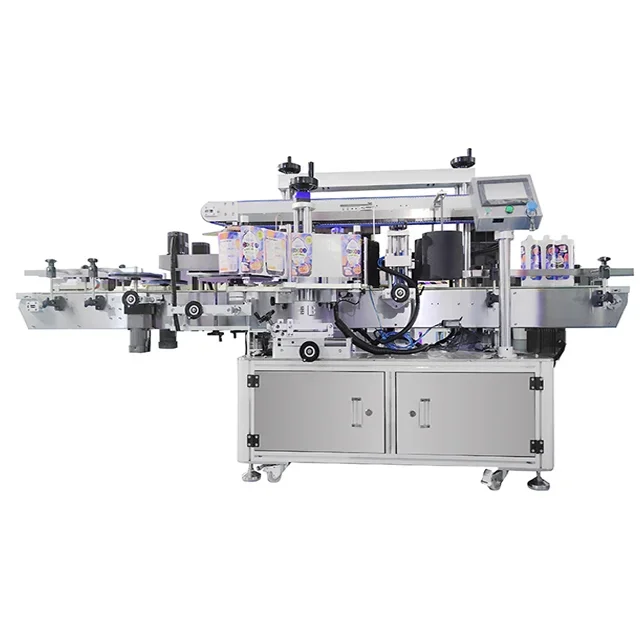Unveiling the Best Slab Insulation: A Comprehensive Guide to Optimal Thermal Performance
When it comes to energy efficiency and thermal comfort in buildings, insulation plays a pivotal role. Among the various types of insulation available, slab insulation is particularly crucial for structures with concrete slabs, which are common in both residential and commercial buildings. This article delves into the intricacies of slab insulation, exploring the best options available, their benefits, and how to choose the right one for your specific needs.
Understanding Slab Insulation
Slab insulation refers to the materials used to insulate the concrete slab of a building, typically located at or below ground level. This type of insulation is essential for preventing heat loss in winter and heat gain in summer, thereby enhancing energy efficiency and comfort. The effectiveness of slab insulation is influenced by several factors, including the type of insulation material, installation method, and local climate conditions.
Types of Slab Insulation
- Rigid Foam Board Insulation
- Materials: Commonly made from polystyrene (EPS or XPS) or polyisocyanurate.
- Advantages: High thermal resistance (R-value), moisture resistance, and ease of installation. Rigid foam boards can be installed beneath the slab or around the perimeter, providing a continuous insulation layer that minimizes thermal bridging.
- Best Use Cases: Ideal for new constructions and retrofitting existing slabs, especially in colder climates where heat loss is a significant concern.
- Spray Foam Insulation
- Materials: Composed of polyurethane or other foam materials that expand upon application.
- Advantages: Excellent air sealing properties, high R-value, and the ability to conform to irregular surfaces. Spray foam insulation can fill gaps and cracks, providing a seamless barrier against moisture and air infiltration.
- Best Use Cases: Suitable for both new and existing structures, particularly in areas prone to moisture or where a high level of air sealing is required.
- Mineral Wool Insulation
- Materials: Made from natural or recycled materials, such as basalt rock or slag.
- Advantages: Fire-resistant, soundproofing qualities, and good thermal performance. Mineral wool is also resistant to moisture and mold, making it a durable choice for slab insulation.
- Best Use Cases: Effective in commercial buildings and industrial applications where fire safety and sound attenuation are priorities.
- Reflective or Radiant Barrier Insulation
- Materials: Typically consists of a reflective foil material.
- Advantages: Designed to reflect radiant heat away from the living space, making it effective in hot climates. When installed under a concrete slab, it can help reduce heat gain from the ground.
- Best Use Cases: Best suited for regions with high temperatures and significant solar exposure.
Evaluating the Best Slab Insulation
When determining the best slab insulation for your project, consider the following factors:
- R-Value: The R-value measures the insulation's resistance to heat flow. Higher R-values indicate better insulating properties. Choose materials with R-values suitable for your climate zone.
- Moisture Resistance: In areas with high groundwater levels or humidity, moisture-resistant insulation is crucial to prevent mold growth and structural damage.
- Installation Method: The ease of installation can significantly impact labor costs and project timelines. Rigid foam boards and spray foam offer different installation experiences, so choose based on your capabilities and resources.
- Cost-Effectiveness: While upfront costs are important, consider the long-term energy savings and durability of the insulation material. A higher initial investment in quality insulation can lead to significant savings on energy bills over time.
- Environmental Impact: Opt for insulation materials that are environmentally friendly or made from recycled materials, particularly if sustainability is a priority for your project.
Conclusion
Choosing the best slab insulation is a critical decision that can influence the energy efficiency, comfort, and longevity of your building. Rigid foam board insulation, spray foam, mineral wool, and reflective barriers each offer unique advantages tailored to different applications and climates. By evaluating your specific needs and considering factors such as R-value, moisture resistance, and installation methods, you can make an informed choice that enhances your building's performance and sustainability.


